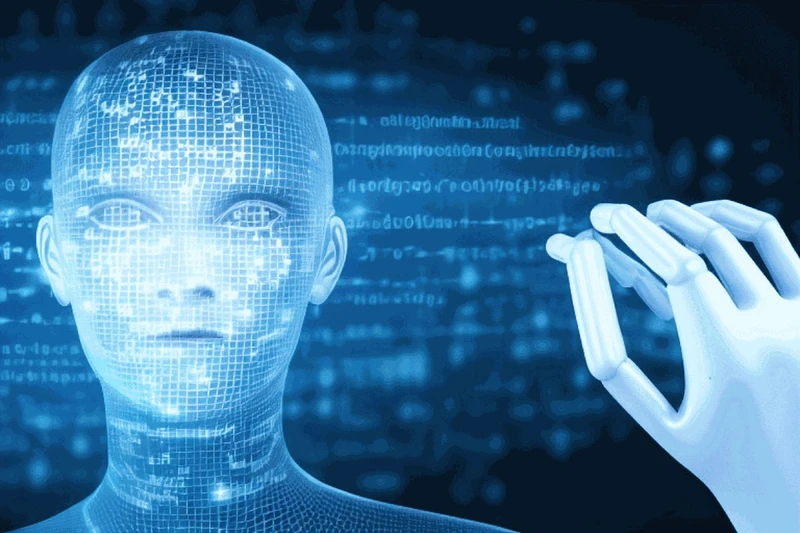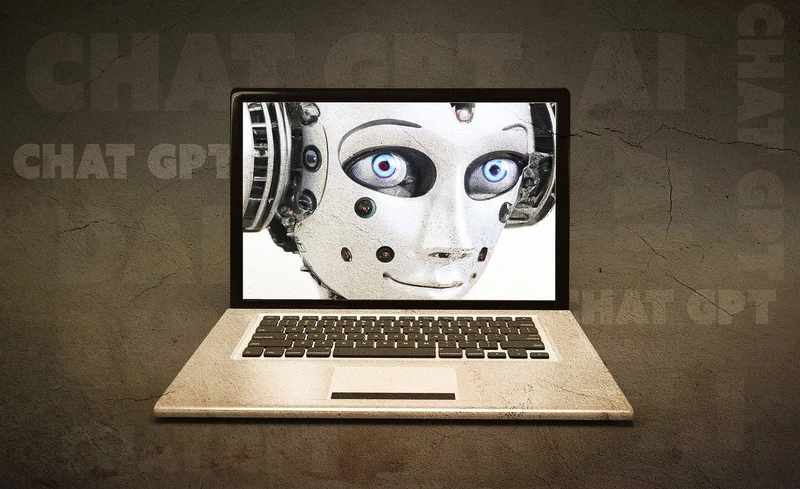Family doctors already have patients who turn to “Dr. Google” for diagnoses. However, now Google has developed software using artificial intelligence that answers medical questions with 92.6% accuracy. This tool can perform as well as a doctor when responding to questions about diseases.
Artificial intelligence as a medical consultant
The accuracy of AI responses to medical questions mentioned above matches the responses of nine doctors from the UK, the United States, and India, who were asked to answer the same 80 questions.
Google researchers claim that this technology does not threaten the jobs of general practitioners. However, AI provides detailed and accurate answers to questions such as “Can urinary incontinence be cured?” or “What foods should be avoided with rosacea?” Researchers suggest that in the future, this consulting robot could be used for medical helplines.

The senior author of the AI program research called Med-PaLM, Dr. Vivek Natarajan, notes that their goal is to make the system trustworthy for both doctors and patients. When people turn to the internet for medical information, they encounter an overwhelming amount of it. As a result, the worst-case scenario among 10 possible diagnoses may be chosen, leading to a lot of unnecessary information. stress According to Mr. Natarajan, the latest language model will provide a brief expert assessment that is unbiased, cites sources, and expresses any uncertainties. This can be used for sorting to understand the urgency of people’s conditions and what medical assistance they need. The research leader believes this will be very helpful in situations where there is a shortage of experienced doctors.
Well-trained medical consultant robot
As noted by the publication Daily Mail The AI program Med-PaLM was adapted from PaLM, which was an expert in language processing but had not undergone specialized training in health. Researchers carefully trained the artificial intelligence to provide it with higher-quality medical information.
The medical robot was also taught how to report uncertainty when it has gaps in knowledge. Previously, it was trained on doctors’ responses to questions to reason correctly and avoid providing information that could harm a patient.
The created medical consultant robot had to pass a benchmark test that combines six datasets of questions on medical topics, scientific research, and inquiries from medical consumers. Additionally, it received a dataset of 3,173 medical questions that people were searching for online.
According to the research conducted, the Med-PaLM robot provides potentially harmful answers to patients only 5.8% of the time. This can be compared to the rate of potentially harmful responses from the surveyed doctors, which was 6.5%.
It still has shortcomings and is not a substitute for real doctors.
There is still a risk of “hallucinations” in AI. This means it can generate responses without data to support them. Engineers do not fully understand the reasons behind this, and the technology is still being tested.
AI expert Anthony Kohn states that “hallucinations” will always be a problem for large language models due to their statistical nature. That is why they should “always be considered as assistants, not as those who make final decisions.”

Although Dr. Natarajan claims that this robot can answer questions that doctors ask during medical exams and that are truly important. In the scientist’s opinion, this is really exciting. And doctors don’t need to worry that AI It will take their jobs, as it will simply give them more time to communicate with patients.
However, Professor of Information Technology James Davenport says that while AI does answer medical questions, there is still a difference between this “consultation” and real medicine. In his opinion, if medical practice were only about answering medical questions, we wouldn’t need teaching hospitals, and doctors wouldn’t need years of practice after their training. That’s why it’s still too early to say that AI is encroaching on the jobs of medical professionals.
